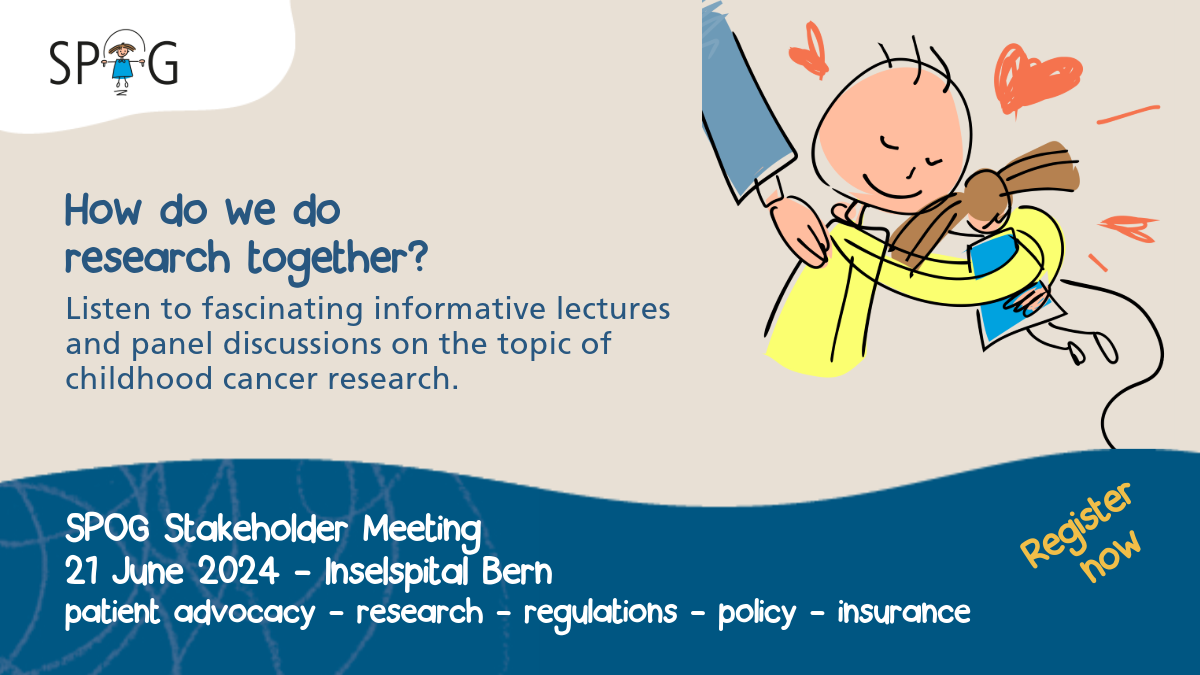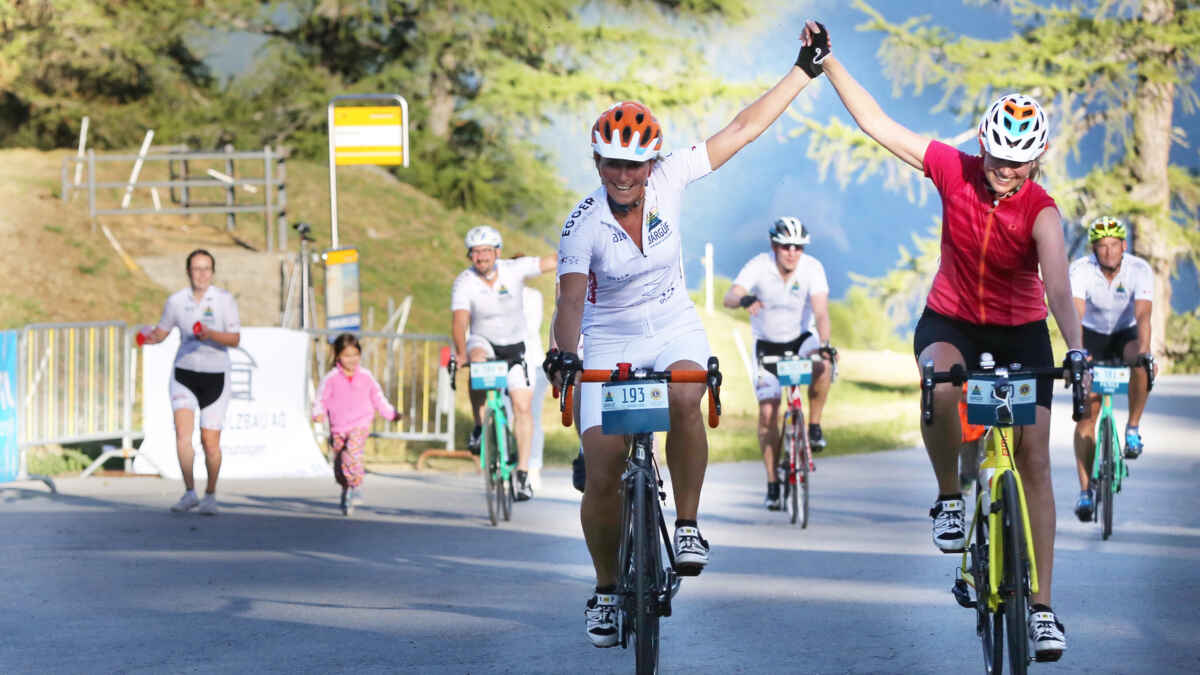New study for better quality of life

The Swiss Paediatric Oncology Group (SPOG) is enabling children and adolescents in Switzerland who suffer from a malignant, extracranial germ cell tumour to join a new study taking place in several countries. The aim of the “MAKEI V” study is to maintain the survival rate achieved with the existing standard treatment while reducing side effects by modifying some of the medication in order, for example, to preserve hearing and avoid serious damage to the kidneys.
Germ cell tumours originate in early human development and can be malignant. They can affect children, adolescents and young adults. Depending on the age at diagnosis, they differ considerably in terms of their primary location, exact diagnosis and response to treatment. This study concentrates on those cases of malignant germ cell tumours located outside the skull.
Following the introduction of cisplatin-based chemotherapy combinations in the 1970s, the overall prognosis for children has improved drastically. Consequently, cisplatin has, for decades, been the leading active substance used for treating malignant germ cell tumours. However, this drug is associated with potentially serious and long-lasting side effects which, particularly in young patients, can have major adverse effects on their quality of life after the illness.
Studies have shown that, compared to cisplatin, carboplatin causes fewer adverse effects overall. This particularly applies to potential harmful effects on kidney function and hearing.
The study is also investigating whether so-called micro-RNAs can be found in the blood as tumour markers, which can help in monitoring the response of the tumour to the treatment. These tumour markers might later also be used in follow-up treatment in order to identify a relapse at an early stage.
Although carboplatin is assumed to be just as effective as cisplatin, this has not yet been investigated and confirmed in the treatment of children with malignant germ cell tumours in a direct comparison. By comparing cisplatin and carboplatin, the MAKEI V study is now planning to examine whether equally good survival rates with less intense side effects can be achieved with the use of carboplatin compared to the existing treatment with cisplatin.
Further information about the MAKEI V study.
"With this study, we hope to make the treatment easier for children and adolescents with malignant germ cell tumours in future and reduce the risk of hearing impairment and kidney damage."



